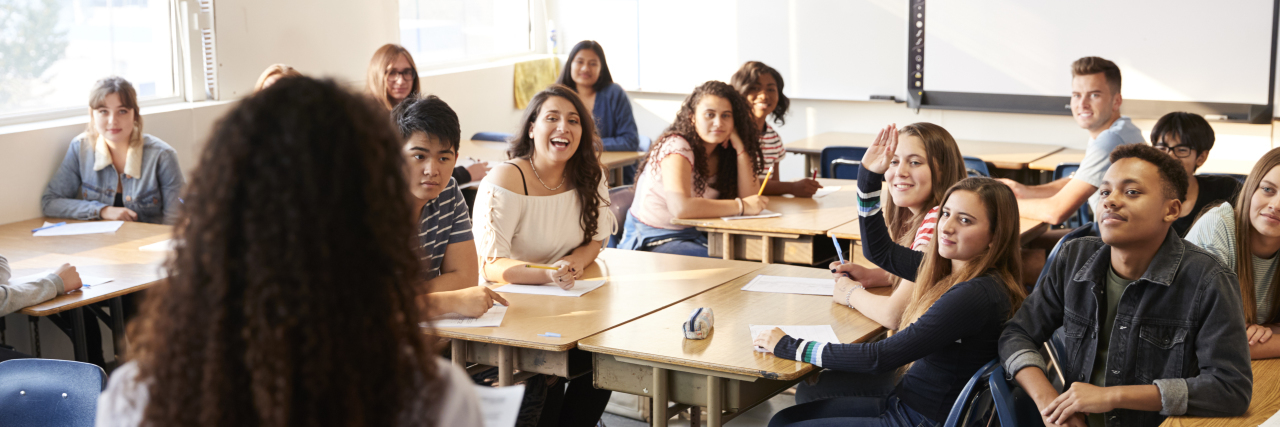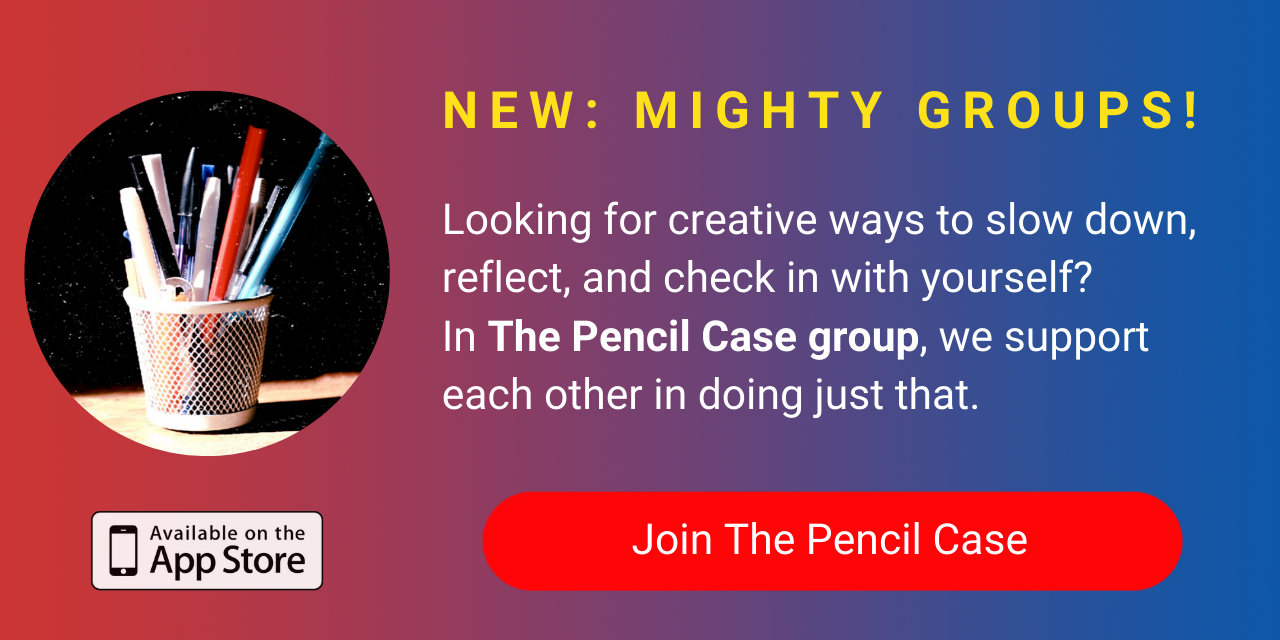Training Future Teachers to Support Inclusion of Students With Disabilities
I have been fortunate to teach a class at a local university for preservice teachers for the last few semesters. The course is designed to help secondary educators learn strategies to include students with disabilities in regular education classes. As a leader who spent many years as a special educator and as the proud parent of two children with disabilities, I was thrilled to have the opportunity to spend a semester with these amazing students helping them to understand areas of disability and how a disability can impact learning and self-esteem.
We learned how to read Individualized Education Plans and the importance of using Universal Design for Learning in writing lesson plans for all learners. I also discovered pretty early in my first semester that the course needed to have a much broader focus. I tried to model how to build relationship-driven, learner-focused classrooms with every session and online discussion. We opened and closed our face-to-face meetings with a community-building circle. We moved from easy, getting-to-know-you questions to much more challenging ones about ourselves and our purpose. We learned a lot about one another quickly and used it to push real conversations about how to create classrooms that are authentic communities where everyone feels a sense of belonging. We also talked about our obligation to close opportunity gaps, the need to recognize implicit bias and confront it, our commitment to understanding historical marginalization so that we can know more and do better, and how to hold all learners to the highest standards with the right scaffolds to empower them to drive their own learning.
We spent time each semester discussing the increase in mental health needs across our country and how to find ways to support learners who struggle with anxiety and depression in our schools. We also discussed how essential self-care is for all educators. This was especially important for the students as it was the first time for many of them that they had thought about having an intentional plan to take care of themselves. Teachers have challenging jobs that include many expectations and ask a lot of us as professionals and people. Having the right support network of people who build us up, making sure to celebrate the incredible successes our learners can have to hold on to in tough moments, and learning strategies to take time for ourselves physically and mentally needed to be a part of our class.
The most important topic we discussed is why empathy, not sympathy should be the driving force in our interactions with others. Empathy is the understanding of or the ability to identify with another person’s feelings or experiences, which you cannot do unless you listen to learners and ensure everyone in the community has a voice that is heard. I am not sure who said it, but I love the quote, “Accessibility is being able to get in the building. Diversity is being invited to the table. Inclusion is having a voice at the table. Belonging is having your voice heard at the table.”
One of our assignments was to do empathy interviews with students and report the results to our class. They asked their students to tell them a time they felt successful in school, tell about a time when school was hard and what the student did to resolve it, and what was one thing they wanted their teachers to know about them.
One of my students came to class after we had done the interviews and was very upset. He shared his frustration that he had not done the empathy interviews with students earlier in the semester. In his final reflection, he wrote, “I was reading through my student responses. I felt that I had built great relationships with my students. I knew them. But their responses to those interviews helped me understand my students on a completely different level. That was when I realized how important that emotional side is. I also started the evolution of my relationship building with students with IEPs during this time too.”
Using our empathetic lens, we talked about engaging families and always assuming positive intent when working with parents who are frustrated and advocate for their child. We learned how challenging it can be to be the parent of a child who is a divergent thinker, who has experienced trauma, who is in foster care, or who is not challenged enough academically at school. We worked on communication strategies, alternative ideas to empower families, and ways to be sure they are genuinely included in the decisions regarding the development of a student’s Individualized Education Program. We want our families to know they also have a voice that will be heard at the table and belong to our community as well.
For our final exam, the students were able to choose any topic that meant something during the semester and create a product that represented what they had learned. What they created was impressive. They made wood carvings, video tutorials, Jenga games, erasure poems, LEGO reenactments of scenes from school, a poetry book, a t-shirt line, cupcakes with all different centers, pottery displays, a series of movie memes, and many more. As much as I enjoyed the products, it was their reflections that meant the most to me. They were thoughtful, and each shared a shift of practice they made towards creating communities of learners who are inspired to create through projects and whose voice is heard and respected because they feel a real sense of belonging.
In his final reflection, another student shared, “It [the class] will, I hope, have made me a more empathetic, patient and considerate teacher; someone who has more of an understanding that it isn’t ‘my’ classroom, it belongs just as much to my students and they need to have a say in it to feel that they belong there, and someone who strives to take these lessons and continue to add to them, and learn as much as I can from those around me.”
It is imperative now, more than ever, to be empathetic, to celebrate the voices of our students who are ready to share them and to help others find that sense of belonging that gives them the confidence to find their voice. When I think about the university students I have encountered in the last several semesters, I believe they are ready to create empowering communities that ensure every learner will have a voice that is heard at the table, and I could not be more proud of them.
Getty photo by Monkey Business Images.


